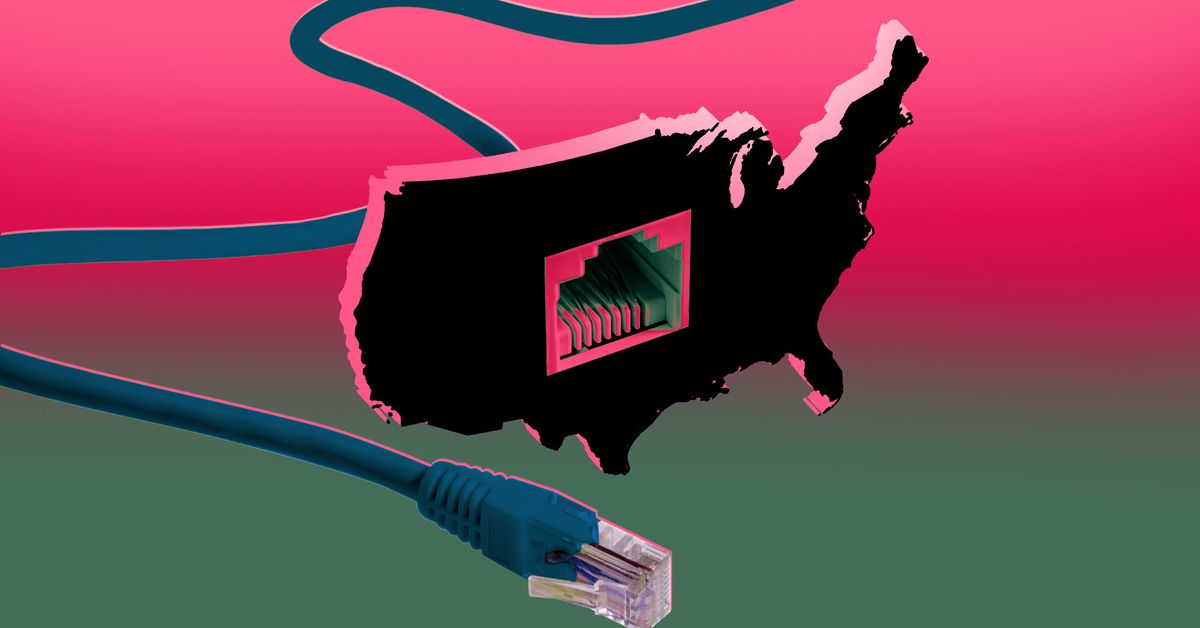Trade associations involved in US broadband and wireless service say competition forces them to have good customer service, which may be news to many customers. The comments are in response to the FCC’s October inquiry reviewing the quality of internet and phone providers’ customer support.
Ars Technica quotes a filing from NCTA – The Internet & Television Association, which says that in order to “attract and retain customers, NCTA’s cable operator members continuously strive to ensure that the customer support they provide is effective and user-friendly.”
USTelecom, which has AT&T, Verizon, Frontier, and SpaceX among its members, says customers already get “high-quality customer service” because of the “competitive broadband market.”
USTelecom is also high on the “promise” of AI improving customer service triaging and routing issues:
AI chat agents will only get better at addressing customers’ needs more quickly over time – and if providers fail to provide the customer service and engagement options that their customers expect and fail to resolve their customers’ concerns, they may soon find that the consumer is no longer a customer, having switched to another competitive offering.
Groups advocating for accessibility for those with disabilities cautioned against relying on AI too much in a filing noted by Ars, writing, “…we do not believe they are fully capable of replicating the nuanced communication experience provided by live agents, particularly for complex inquiries or those requiring cultural and linguistic sensitivity.”
According to a filing from ACA Connects, which mostly represents smaller, more rural communications providers, those companies are incentivized to give good service by the cost of building and operating networks. They claim it makes “members and other broadband and cable providers strive to sign up every household they pass and retain each and every one.”
The CTIA (which represents AT&T, T-Mobile, Verizon, and others in wireless) insists in its comments that customers are “well-informed and empowered” to pick wireless services and “switch providers as their preferences evolve.”
Read the full article here














